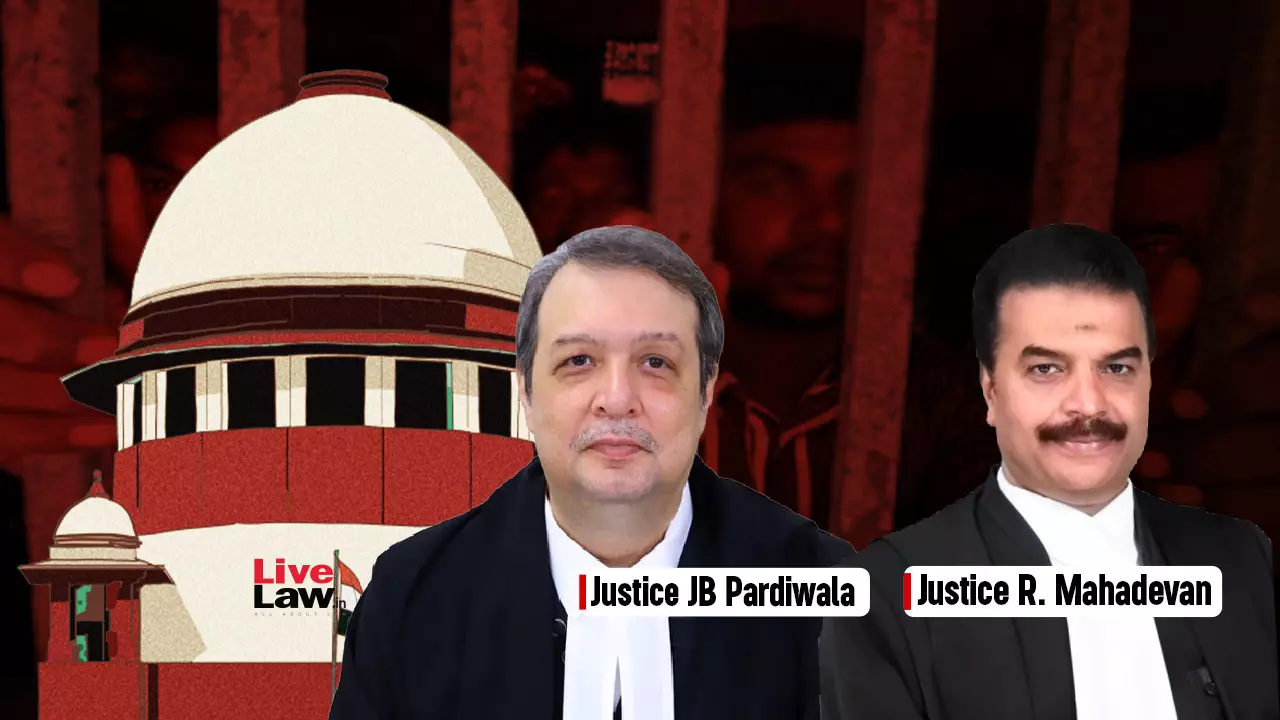'None Should Be Excluded From Judicial Service Only Because Of Disability' : Supreme Court Quashes MP Rule Barring Blind Candidates
Debby Jain
3 March 2025 10:48 AM IST

"Visually impaired candidates cannot be said to be 'not suitable' for judicial service and they are eligible to participate in selection for posts in judicial service."
Next Story


